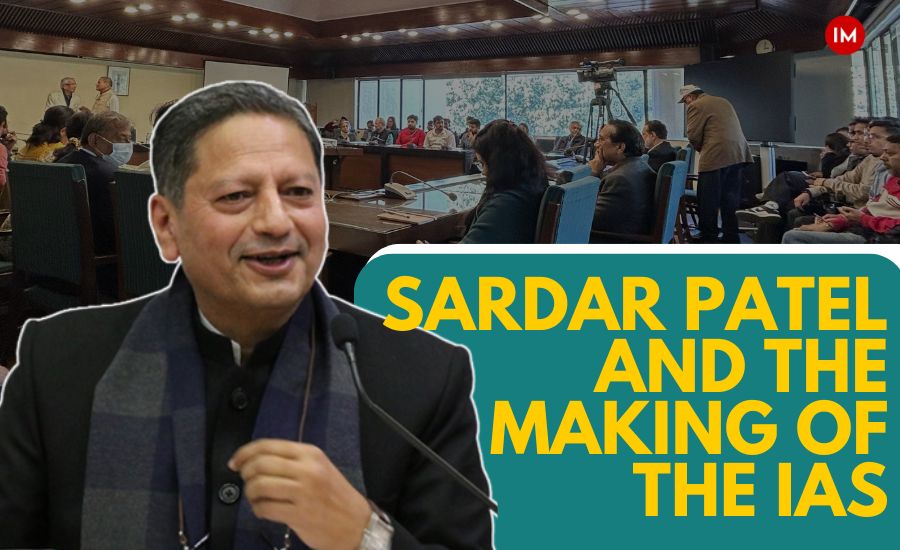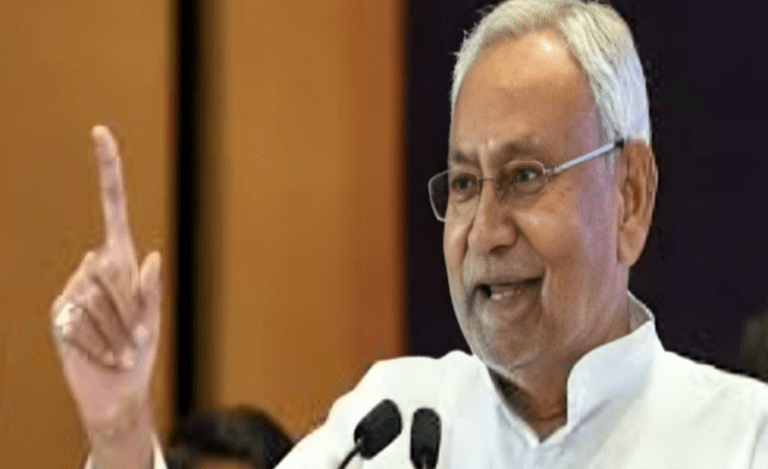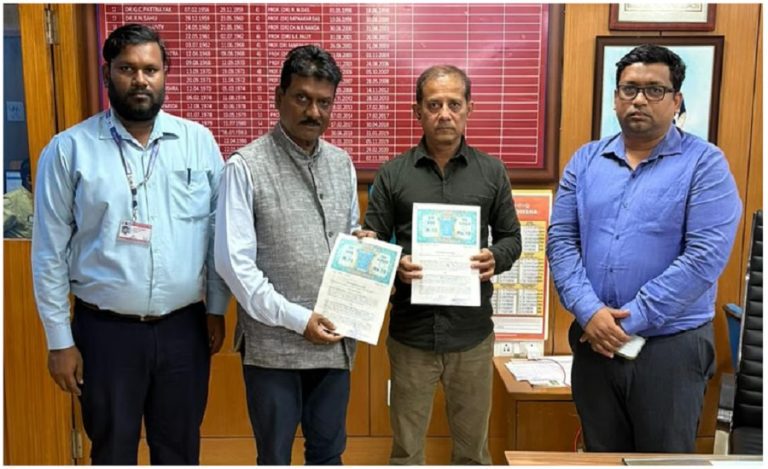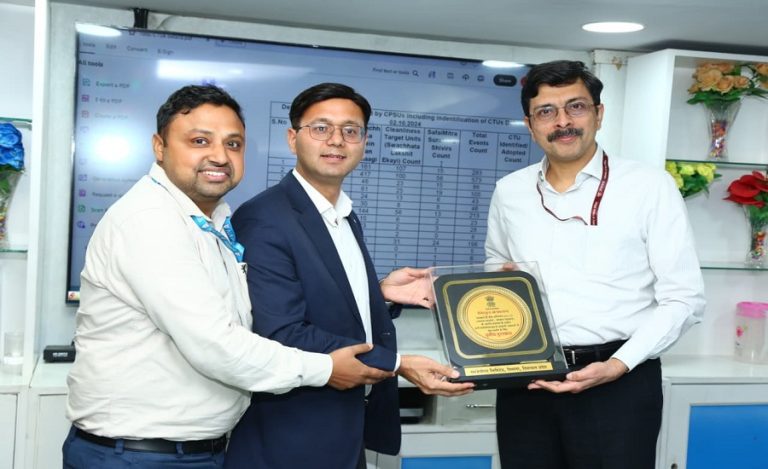Ever wondered why India went on to script a robust growth story and Pakistan became a rogue state? The difference lay in the effective conversion of the erstwhile Imperial Civil Services (ICS) into Indian Administrative Services (IAS) and given the primacy in administration, denied in Pakistan, said Dr. Sanjeev Chopra, former Director of Lal Bahadur Shastri National Academy of Administration (LBSNAA). Delivering an insightful lecture at the Prime Minister Memorial Museum and Library in Teen Murti House, New Delhi on February 12, 2025. The lecture highlighted Sardar Vallabhbhai Patel’s significant role in shaping India’s administrative framework, especially the IAS Indian Administrative Service.
is also the author of We, the People of the States of Bharat: The Making and Remaking of India’s Internal Boundaries, a book that explores the complexities of India’s post-independence boundary reforms.
Sardar Patel and the Evolution of Civil Services
The lecture explored Sardar Patel’s role in transforming the Indian Civil Services (ICS) into the Indian Administrative Service (IAS) after independence. Sardar Patel recognised that India needed an efficient, merit-based administrative system to govern effectively. While the ICS had been a colonial institution under British rule, Sardar Patel ensured its evolution into a service that would function independently and align with India’s democratic principles. He was a key figure in securing constitutional safeguards for civil servants, notably through Article 311, which protected them from arbitrary dismissal and political pressure.
Defending Bureaucratic Integrity
Dr. Chopra highlighted Sardar Patel’s foresight in defending the integrity of India’s civil services, including the Indian Police Service (IPS). He was firm in his belief that bureaucracy should remain independent, efficient, and unaffected by political influence. Under Sardar Patel’s guidance, the structure of civil services recruitment, particularly the Union Public Service Commission exams, was shaped to uphold meritocracy and ensure a fair selection process.
Political Unification and Administrative Stability
Beyond administrative reforms, Sardar Patel was central to India’s political unification. He led the integration of more than 500 princely states, a task that many had deemed impossible. His approach combined diplomacy, negotiation, and strategic action, ensuring that these states became part of a united India without major conflict. Sardar Patel’s leadership during this period laid the foundation for a stable, centralised administration capable of governing a newly independent nation.
Dr. Chopra also delved into Sardar Patel’s philosophy of governance, which was influenced by three guiding principles: Prabhu Shakti (divine power), Mantrana Shakti (the power of consultation), and Utsah Shakti (the power of enthusiasm). These principles shaped his approach to decision-making and leadership. Sardar Patel believed in collective governance, where consultation and enthusiasm played crucial roles in achieving national goals.
Administrative Policies and Development
His administrative policies extended to economic development, national security, and infrastructural planning. Sardar Patel strongly advocated for a centralised training system for civil servants, ensuring that officers across the country followed a uniform standard of governance. Despite facing criticism for protecting civil servants from political interference, he remained steadfast in his belief that a neutral and competent bureaucracy was essential for India’s long-term stability.
One of the most symbolic recognitions of Sardar Patel’s contributions is the Statue of Unity, the world’s tallest statue, inaugurated in 2018 in Gujarat. This monument stands as a tribute to his efforts in shaping modern India’s governance and unity.
Sardar Patel’s Enduring Legacy
As Dr. Chopra concluded his lecture, he reflected on Sardar Patel’s passing on December 16, 1950. The loss was deeply felt by India’s administrative machinery, with civil servants in Parliament’s Central Hall vowing to uphold his vision. Even today, Sarad Vallabhabhai Patel’s influence on India’s civil services remains undeniable. His vision of a well-structured, independent bureaucracy continues to shape the governance of the country.
The event provided a thought-provoking discussion on Sardar Vallabhbhai Patel’s enduring legacy and the relevance of his administrative principles in contemporary India. It served as a reminder of the foundational role that civil servants play in maintaining the country’s stability and progress, a vision Patel worked tirelessly to establish. Dr. Chopra’s insights offered a deeper understanding of how one leader’s commitment to governance continues to impact India’s administrative landscape decades after independence.




























